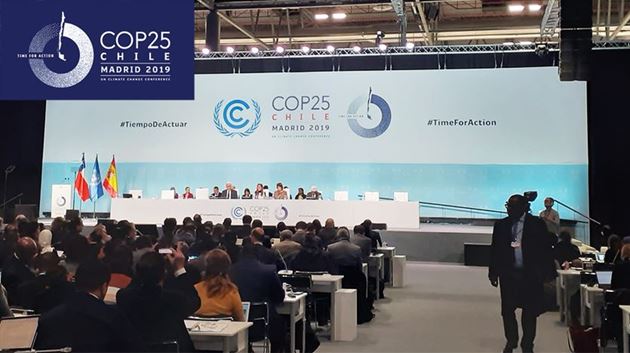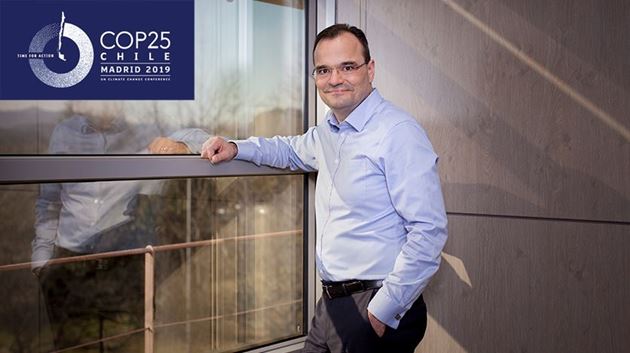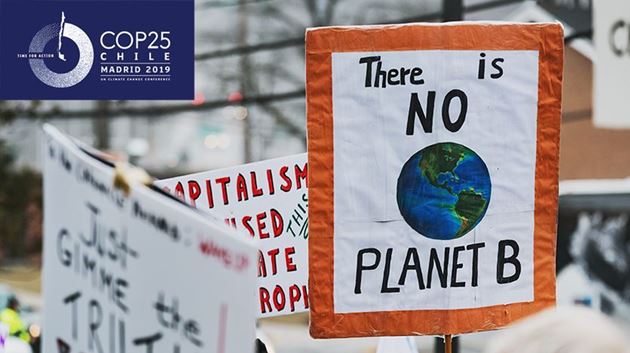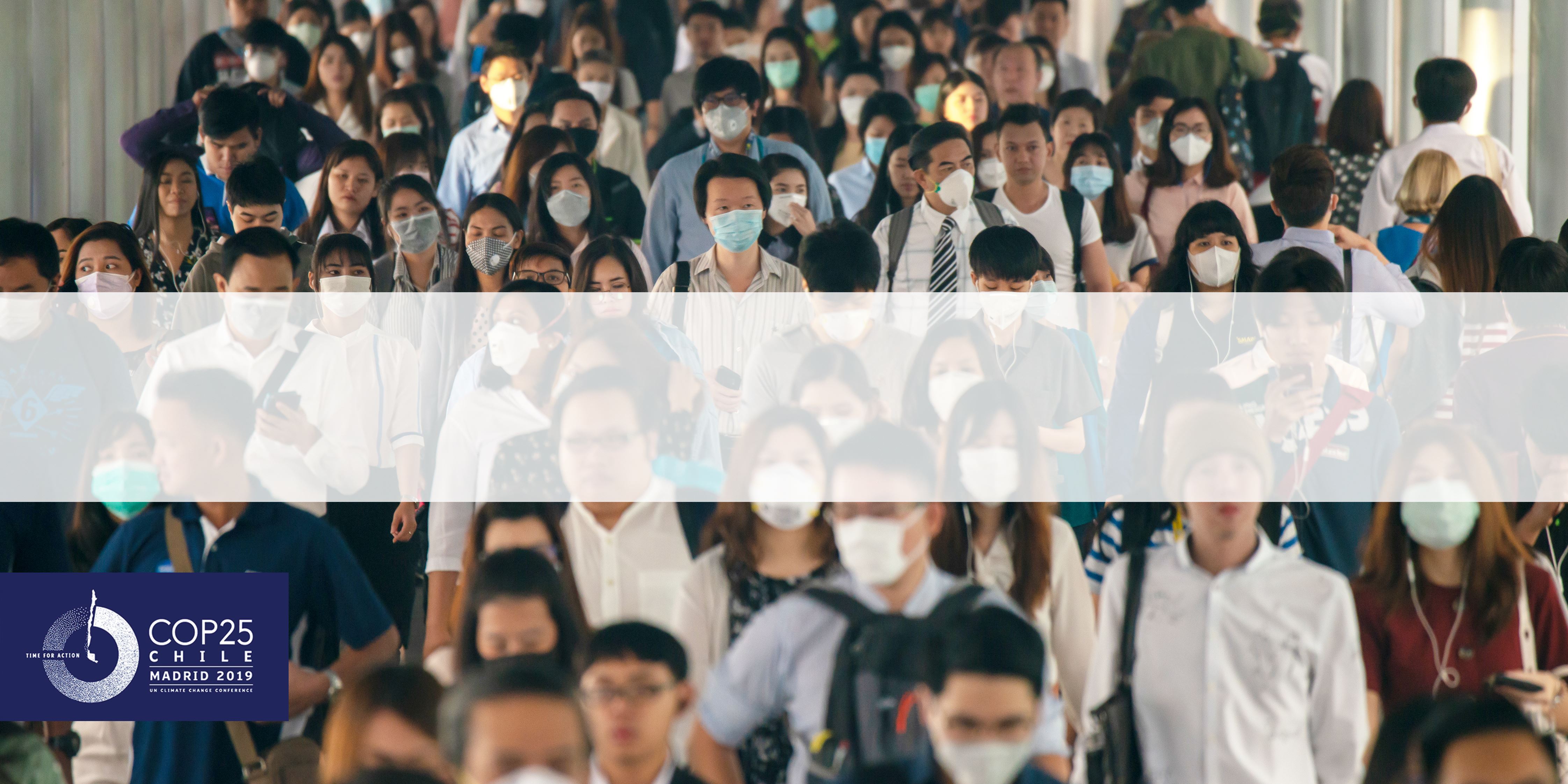
There's still time
COP25
Floods, storms, droughts, heatwaves… The potential impact of climate change is enormous and affects us all, and poses a considerable emerging threat for public health. There is overwhelming evidence and data to confirm that we human beings are bringing about the end of our own species. The repercussions are already being felt: an increased number of deaths due to heatwaves, ever more acute food shortages, the spread of climate-sensitive infectious diseases... This is only the start, although we can still reverse a part of this situation.
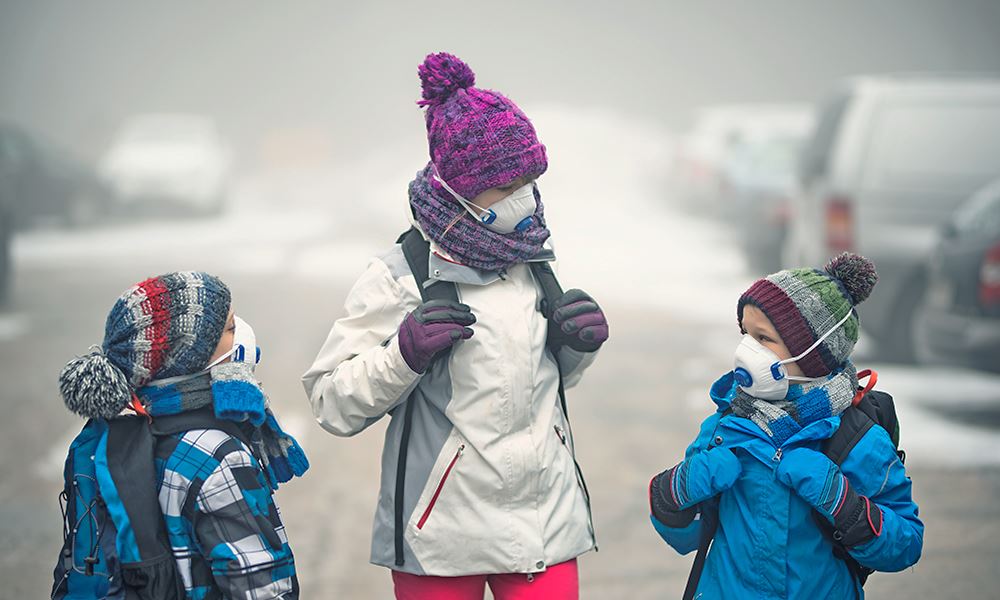
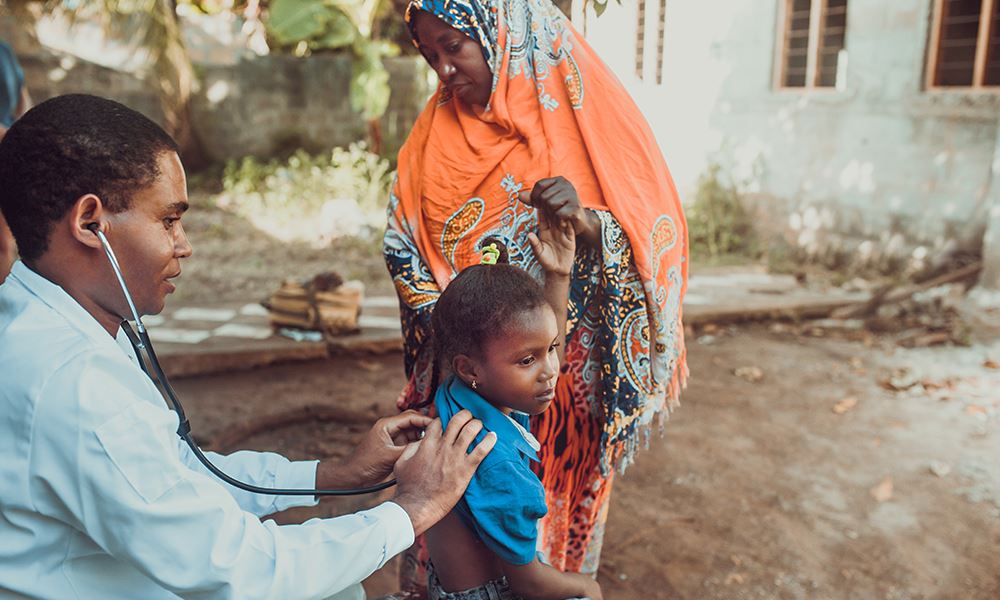
Climate change and mental health
Climate change can affect human health both directly and indirectly according to the WHO. This is a serious threat that even compromises the well-being of future generations. If humankind continues on its current path and misses the WHO's goal to limit global warming to less than 2°C, coming generations will suffer irreversible and lasting damage to their health at every stage of their lives. We see these well-known effects as normal, but they are becoming increasingly frequent. Situations of extreme heat make it difficult to sleep, trigger mood changes, reduce healthy behaviors such as doing exercise, and ultimately prompt the appearance of the much-publicized anxiety. All this ultimately leads to serious mental disorders.
According to the report published by the WHO, the direct impacts on health include:
- Physiological effects as a consequence of exposure to higher temperatures
- Respiratory ailments
- Cardiovascular ailments
- Mental disorders
- Lesions, diabetes, cancer
- Septicemia, intestinal obstruction and kidney failure
- Death from climate disasters such as drought, floods, heatwaves, storms and forest fires
Climate change also has indirect effects on human health caused by ecological changes such as food insecurity, precarious access to drinking water and the spread of infectious diseases. Society's responses to climate change represent a risk to health too, and range from the displacement of the population and reduced access to healthcare services, through to mental disorders triggered by extreme climate events. The loss of culture – and in many cases of identity – may last a lifetime.
Change begins with us
There are many policies and individual options that can contribute to reducing greenhouse gas emissions and produce significant collateral benefits for health. In this case, according to Pascale Delecluse, director of the National Institute of Universe Sciences at the National Center for Scientific Research: “The first measure we need to take must be individual and educational. Climate change is not simply a question of multinationals that pollute. It is heating, transport, things that concern each and every one of us. Climate is not at the mercy of the fates. Humankind has the power to act for good or for evil. And this gives us a renewed responsibility. It is not a question of making doomsday prophecies but of facing up to a changing reality”. The change begins with each of us, by making the best use of the time we have left to think globally. Only a reasonable use of clean energy, reducing our waste and controlling polluting traffic will preserve the planet as we know it. A healthier world is still possible. Let's start changing now.


